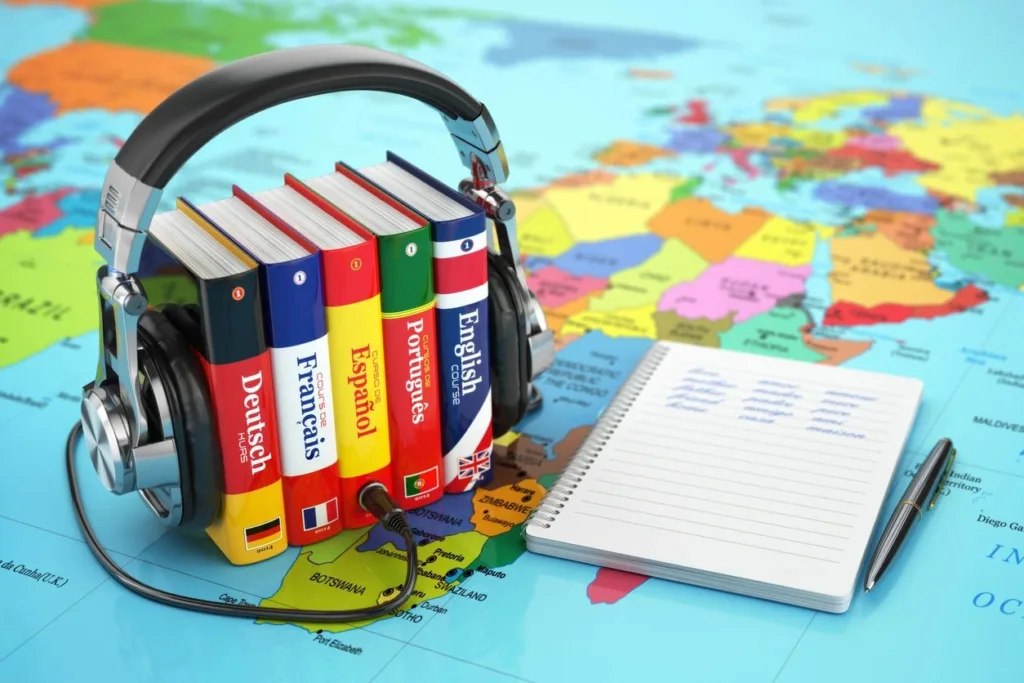
In today’s global economy, there’s a good chance that your copy may not just remain in its language of origin. You won’t be the translator (thankfully), but you will need to write your copy so it can be translated. How?
Here’s what you should know about writing copy that will be translated.
First, one caveat: I’m talking mostly in the “translating English to another language” realm since this is what I’m most familiar with. This will matter for some points, but it won’t matter for many of them. I just want you to be aware, lest you think I’ve forgotten that other languages get translated into English, as well.
Best Practices
The first thing you need to consider is that translating English to another language adds an average of about 30% to a line of copy. That means the translation of your copy may literally not even fit in the current design!
Be Succinct
When writing for a project that you know will be translated, be as concise as possible. I know: You’re always working to be concise. But in this scenario, you have to work even harder. Make sure the piece can accommodate 30% more words after translation.
Be Aware of Colloquialisms
You also need to be aware that some words, sayings, or just general colloquialisms may not translate into other languages. For example, if you have a line that says, “And savings? Don’t worry about it! It’s in the bag!” it’s very likely that the literal translation of “it’s in the bag” won’t make sense in other languages.
Avoid Slang
As much as possible, you should try to avoid slang or terms that may not carry over into other languages. However, if your company is working with a translation company that is open to receiving additional information, you may make these work by providing context.
For example, you might make a note to the translator that says, “On the line ‘Don’t worry about it—it’s in the bag’ please do not translate ‘it’s in the bag’ literally. Instead, use a phrase that means “it’s easy,” or “it’s already taken care of,” or “it’s already as good as done.”
Now, the only problem with this is that you can’t verify that your translation company has made a good choice of wording since you won’t know what their translation means. You should really only opt to allow them to substitute copy if you have worked successfully with them before and you are very confident in their abilities. You don’t want to end up okaying translated copy that doesn’t have the right message in another language.
Provide Context
That said, though, even if you’re not asking your translation company to replace colloquial phrases with other ones, it’s still a good idea to provide context. If you have the opportunity to explain who the target audience is, what the premise of the piece is, and what you want the target audience to do, you should absolutely do so.
In many languages (including English) there is more than one word for a concept. Providing this information may help the translation company to use the most appropriate word.
Writing copy for translation can add an extra challenge to your writing. But once you’ve got the rules down, you’ll create work that people will love around the globe.
Watch More: Copywriting & Design Insights From a Global Design Leader
In this bonus episode of the Build Your Copywriting Business podcast, global design leader Ch’ien Chan gives insight into the career choices he’s made, how it’s brought him around the world, and the importance of knowing your worth. You don’t want to miss this!
Your Turn
Have you ever seen any badly translated ads? (One of my favorite subjects on Buzzfeed!) Let us know in the comments below!
Last Updated on November 14, 2023
Leave a Reply